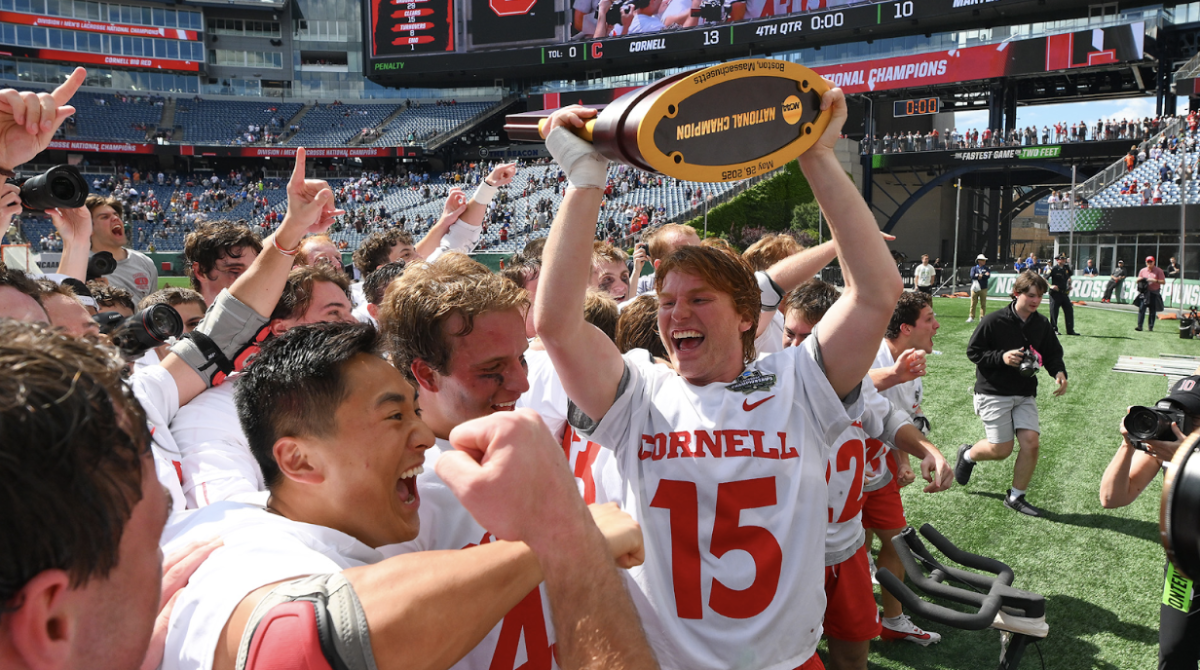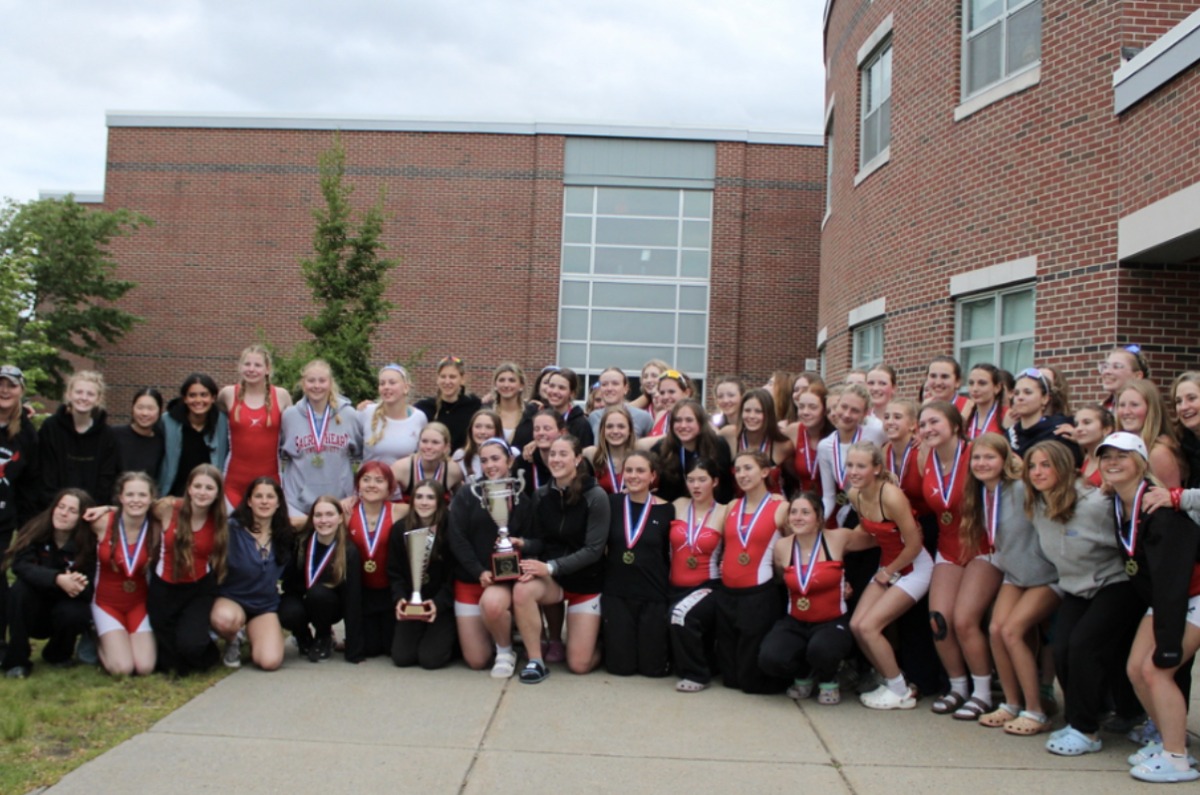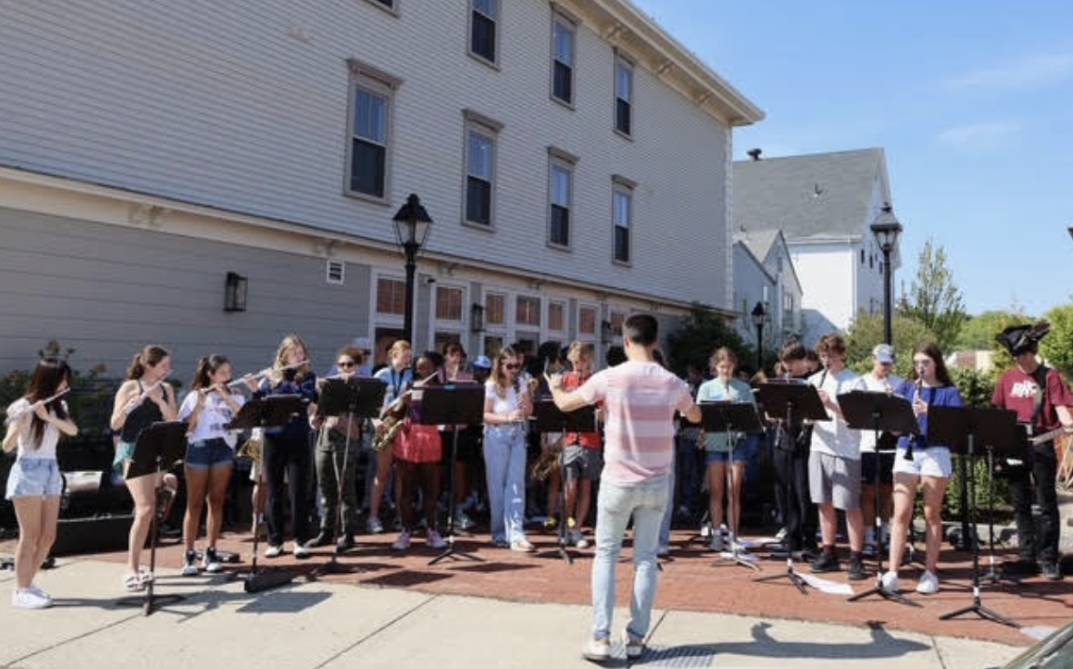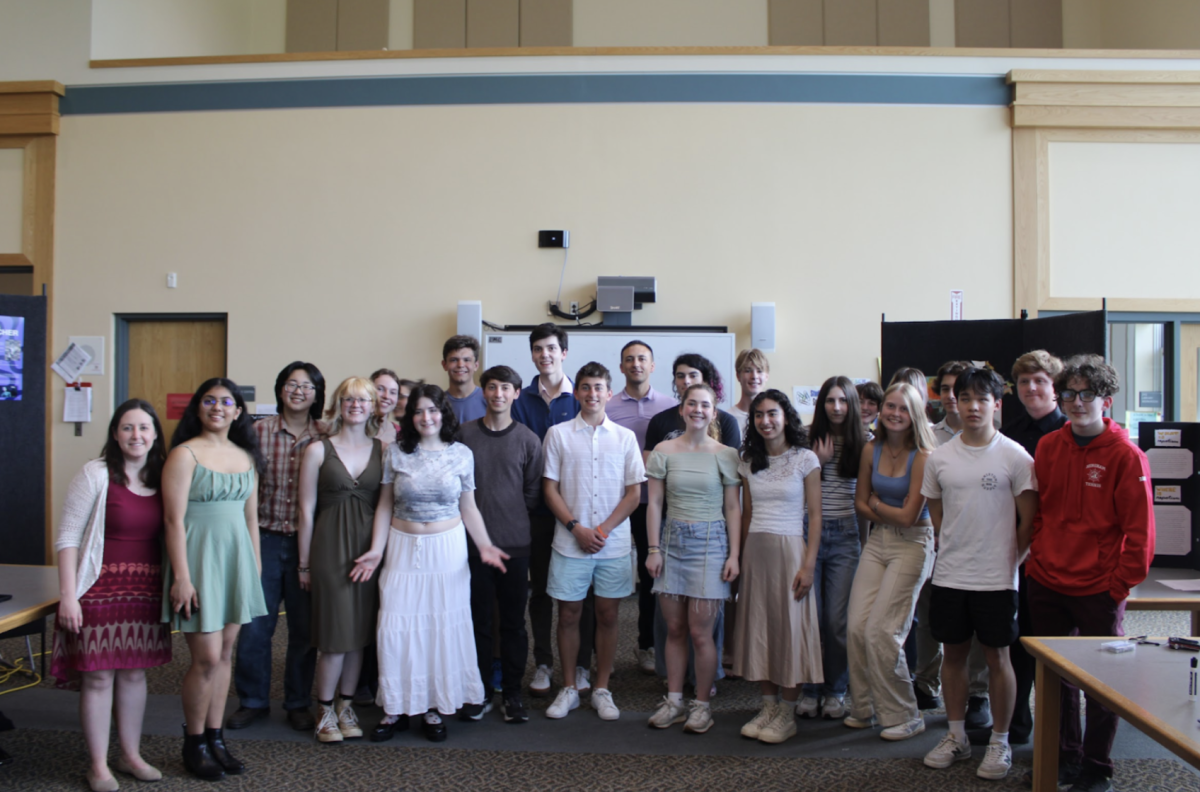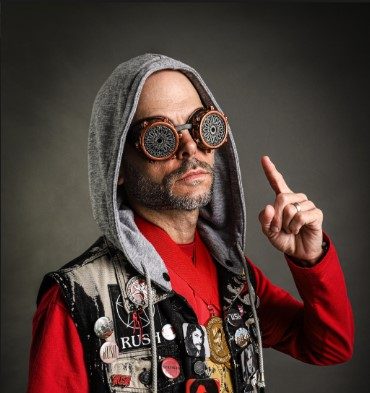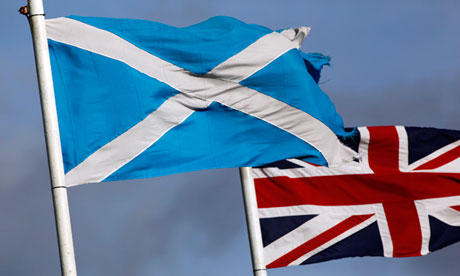Scotland Remains a Part of the United Kingdom
September 19, 2014
A single question, “Should Scotland be an independent country?” was asked of 4.3 million voters in Scotland yesterday. It was a question that Scots, English, and politicians alike have debated for centuries.
In 1707, England and Scotland formed the United Kingdom. England had become the leading world power, benefiting from its colonies in North America. Scotland tried and failed to launch a trading empire to rival England’s East India Company. In need of support, Scotland joined forces with England to form the United Kingdom. England’s and Scotland’s parliaments united to make decisions regarding each country together. England’s continues to benefit Scotland economically and politically while Scotland contributes its natural resources and support.
However, tensions increased as Scotland began to feel taken advantage of. After increasing demands for a referendum, the UK parliament passed the Scottish Independence Bill in 2013 to establish voting plans. Yesterday, Scots crowded the streets, handing out “yes!” pamphlets, or sporting “no!” pins. The polls closed at 10pm last night (5pm ET). Mary Pitcaithly announced the final tally last night.
If the country voted yes, Scotland would be free. Free from England’s overbearing control, free to govern themselves, free to prosper on their own. The romanticized desire for freedom bursts from the hearts of half of Scotland. Not unlike the patriots in Randall Wallace’s film Braveheart, the “yes” voters wished to assert themselves. More practical thinkers viewed the split as necessary. If free from a political bond with England, Scotland could control its own oil-based economy. According to CNN, many Scottish politicians feel they have too little of a say in Scottish governance with a combined parliament. Furthermore, independence would give Scotland freedom to set its own tax rates. The Scottish National Party is antinuclear and England keeps its nuclear weapons in Scotland. Without England, Scotland hoped to remove the weapons by 2020.
Scots crave self-determination. With the majority vote of no, Scotland would continue to be under the protection of England, and its place in the world system would be ensured. A divided United Kingdom would be a weaker member of NATO for both England and Scotland, according to the transatlantic relations expert Nicholas Dungan. Other European countries’ own separatist movements cause them to be wary of the Scottish referendum and likely reluctant to accept it in the European Union. Scotland’s independence would make Cantolina’s and Walloon’s movements impossible for Spain and Belgium to ignore.
Furthermore, Scotland would most likely have to reestablish its currency. The Scottish government wants to continue to use the pound, but England is not keen on the idea. Such scrambling for a currency would cause economic turmoil. When Charles Wooley asked a baker in Edinburgh his answer to the presiding question, he answered, “The heart…the heart says yes…but my head, it says no. You should always listen to your head.” Although independence seemed glorious, Wooley argues that in practical terms, Scotland would not prosper without England’s care.
After a long night of counting votes, Pitcaithly announced that the Scottish Referendum did not pass. Scotland and England will remain united. According to BBC News, the “No” side won with 2,001,926 votes to 1,617,989. 55% voted “no,” 45% “yes,” with a of a record turnout of 85% for a nationwide vote in Scotland. Although many “yes” supporters were devastated with the results, union supporters comforted them with a promise of equality and equal say in government. England acknowledged the power behind the “yes” voters as a warning against any disrespect or neglect of its fellow Scottish people. Scottish First Minister Alex Salmond encourages his people to respect the democratic decision of his country. During an interview with BBC, he ensures, “We shall go forward as one nation.”











